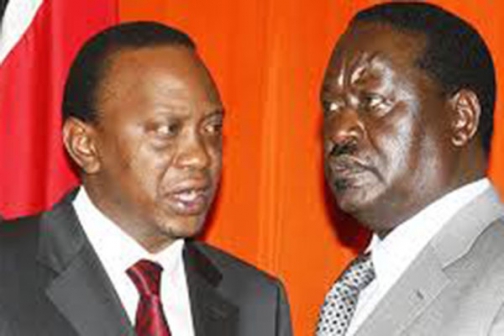
The carnival mood is here, again. As the clock ticks to the next General Election, the stage has been set for a very old ritual. Politicians, even those who have not been to the village since they were elected, are keeping tabs on funerals and scheduling appearances at churches, women group meetings and every other gathering. All of a sudden, the village love bug has bitten politicians.
Their aides now go round dimly-lit village pubs and order a drink for everyone around, in exchange of course for votes come next year. All manner of elders have also sprung into existence and are endorsing everyone who is willing to recognise and “appreciate” them. We are not supposed to say this, but being pessimists forged on the anvil of time, we shall say it and be damned.